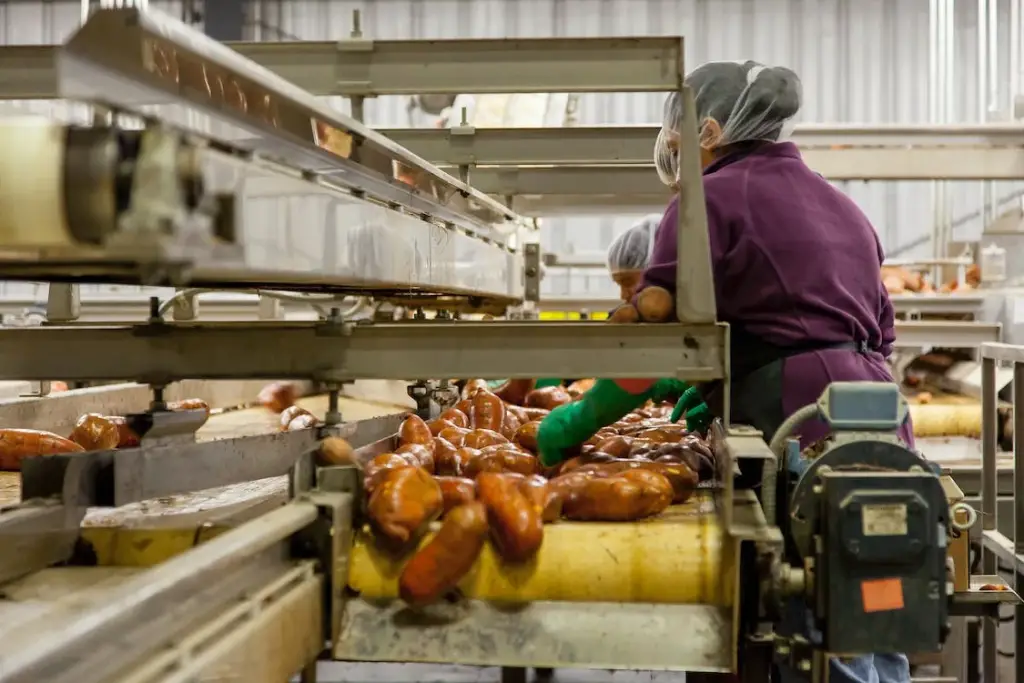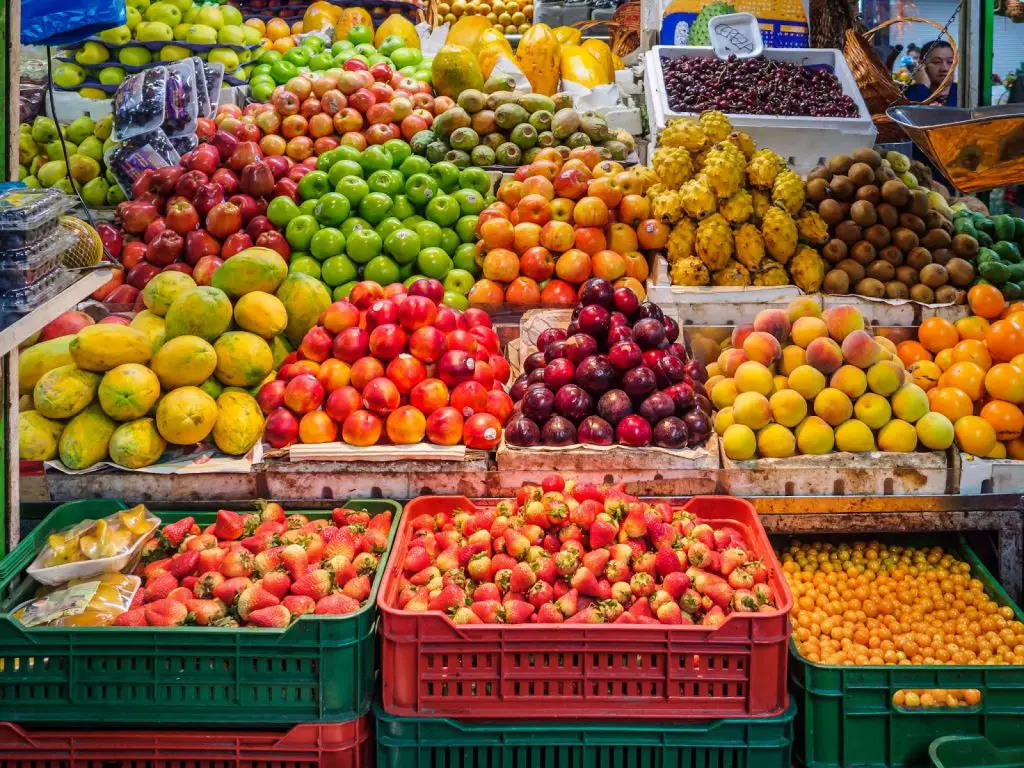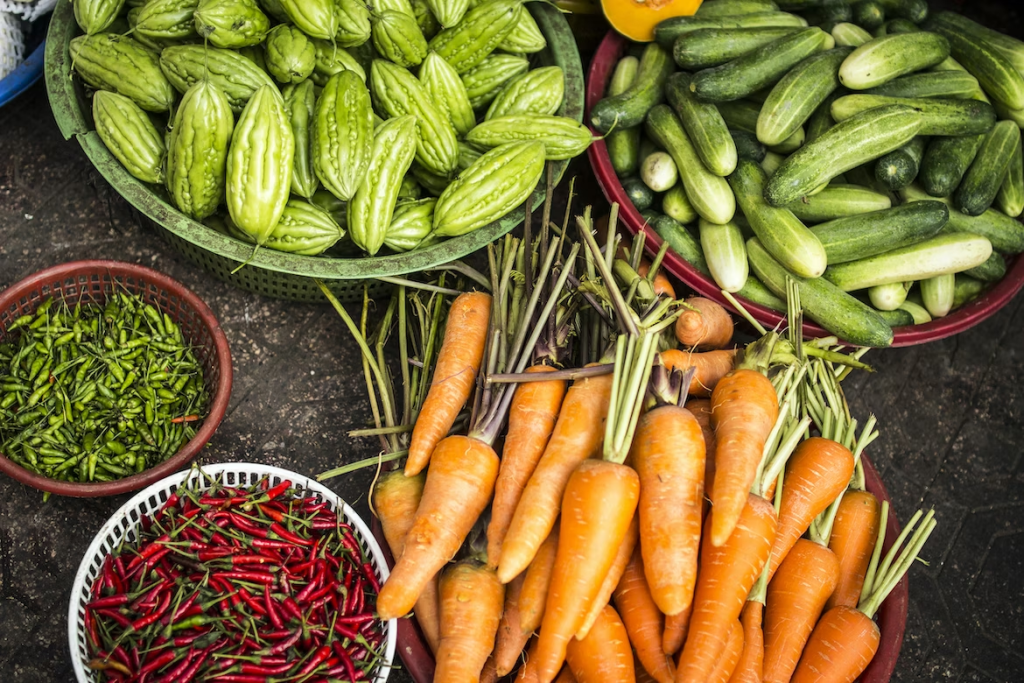In today’s globalized world, the agricultural industry has immense potential for growth and expansion. With increasing demand for high-quality, sustainable food products, farmers and agribusinesses have a unique opportunity to promote their agricultural products on the global market. However, navigating the complexities of international trade and reaching a global audience can be challenging. This blog post will explore effective strategies to promote your agricultural products on the global market and maximize your business’s success.
Understanding the Global Market for Agricultural Products
Understanding the global market for agricultural products is essential for agricultural companies and farmers who want to expand their reach and maximize their profits. The global agricultural product market encompasses factors such as supply and demand dynamics, trade policies, consumer preferences, and market trends.
One key aspect of understanding the global market for agricultural products is analyzing supply and demand. This involves studying factors like crop production, weather patterns, and market trends to assess the availability and demand for different agricultural products. By monitoring supply and demand fluctuations, agricultural companies can make informed decisions about crop cultivation, pricing strategies, and market timing.
Trade policies also play a vital role in the global market for agricultural products. Understanding international trade agreements, tariffs, and import/export regulations is crucial for agricultural companies to navigate the complexities of global trade. Agricultural producers can identify market opportunities, overcome trade barriers, and explore new markets by keeping track of trade policies.
Developing a Strong Brand and Value Proposition
In a global market saturated with agricultural products, it is essential to differentiate your brand and highlight its unique value proposition. Creating a compelling brand identity that resonates with consumers can help build trust and loyalty.
This is particularly relevant in the rice market, where numerous producers and businesses are marketing this grain. Developing a strong brand and value proposition is crucial for any rice company looking to promote its products on the global market. In a competitive industry, it is essential for rice companies to differentiate themselves and communicate their unique value to consumers. Emphasizing your products’ key benefits and values, such as sustainability, organic farming practices, or fair trade, can attract environmentally conscious and ethically-minded consumers.
Building an Effective Marketing Strategy
Building an effective marketing strategy is crucial for promoting agricultural products on the global market. By implementing a well-crafted strategy, agricultural businesses can effectively reach their target audience and differentiate themselves from competitors. One key aspect of building an effective marketing strategy is understanding the unique value proposition of agricultural products.
This involves identifying the key benefits and attributes that make the products stand out, such as quality, sustainability, ethical sourcing, or nutritional value. The strategy should then focus on communicating these value propositions to the target audience through various marketing channels. This may include digital marketing techniques like social media, content marketing, influencer collaborations, and traditional advertising methods. Additionally, conducting thorough market research to identify consumer trends, preferences, and demands is essential for tailoring the marketing strategy
Establishing Distribution Channels
Establishing distribution channels is a crucial way to promote agricultural products on the global market. Distribution channels serve as a link between producers and consumers, ensuring that products reach their target audience efficiently. By utilizing various distribution channels, such as wholesalers, retailers, e-commerce platforms, and direct marketing, agricultural businesses can expand their reach and access new markets. These channels help facilitate the movement of products from the producer to the end consumer, providing wider visibility and availability. Additionally, distribution channels play a vital role in creating awareness, promoting sales, and building relationships with customers.
Through effective distribution, agricultural businesses can optimize their supply chain, improve product availability, and ensure timely delivery, ultimately enhancing customer satisfaction and loyalty.
Implementing Product Promotion Tactics
Implementing product promotion tactics is an effective way to promote agricultural products on the global market. By utilizing various tactics, agricultural businesses can increase visibility, generate interest, and drive sales for their products. Product promotion helps create awareness among potential customers about the unique features, benefits, and value propositions of agricultural products. It allows businesses to communicate their offerings’ quality, sustainability, and nutritional value, helping them differentiate from competitors.
Tactics such as social media marketing, digital advertising, content marketing, influencer collaborations, and trade shows can be instrumental in reaching a wider audience and engaging with potential buyers. Effective product promotion strategies also involve understanding the target market, identifying consumer needs and preferences, and tailoring the messaging and promotional activities accordingly.
Ensuring Quality and Compliance
Ensuring quality and compliance is crucial to promoting agricultural products on the global market. In an increasingly competitive marketplace, consumers are becoming more discerning about the products’ quality and safety. By ensuring high-quality standards and compliance with regulations, agricultural businesses can build consumer trust and confidence. This can be achieved through implementing good agricultural practices (GAP), which involve following standardized procedures for the cultivation, harvesting, and handling of crops.
Additionally, adhering to principles for sustainable agriculture ensures the safety and sustainability of feed and ingredients used in agricultural production. Quality control throughout the value chain is also essential to acquire and act on information about product quality, guaranteeing that only the best products reach the market.
Monitoring and Evaluating Results
Monitoring and evaluating results play a crucial role in promoting agricultural products on the global market. By implementing robust monitoring and evaluation systems, agricultural businesses can assess their strategies’ effectiveness, measure their initiatives’ impact, and make informed decisions for improvement. Monitoring allows businesses to track key performance indicators, such as sales figures, customer satisfaction, market trends, and production efficiency. It provides real-time data to identify any deviations from set targets and enables timely corrective actions.
On the other hand, evaluation assesses the overall success of agricultural programs or projects by collecting and analyzing evidence. It helps businesses understand the strengths and weaknesses of their product offerings, marketing campaigns, and distribution channels.

Promoting agricultural products on the global market requires a strategic approach, a deep understanding of target markets, and effective marketing strategies. By leveraging digital channels, building a strong brand, and implementing creative product promotion tactics, farmers and agribusinesses can successfully reach a global audience and maximize their business’s growth potential.
Embracing quality and compliance standards, establishing distribution channels, and continuously monitoring and evaluating results will help drive success in the global agricultural market. With careful planning and dedication, promoting agricultural products globally can unlock new opportunities and contribute to a sustainable and thriving industry.








